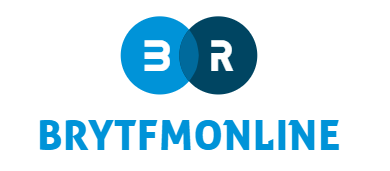In an article in the Financial Stability Report, published today, economists at the European Central Bank found that low-income households are most likely to default.
ECB Vice President Luis de Guindos will present the report on Wednesday at a virtual press conference, from which the ECB expected some information today.
The countries where banks will have the most problematic loans due to defaults due to inflation and high interest rates are Cyprus, Greece, Ireland, Spain and Portugal.
Banks in these countries already have a higher proportion of these loans before prices skyrocket and the European Central Bank starts raising interest rates.
The deterioration in asset quality will affect banks in countries that have a higher proportion of loans to lower-income households, suffer more from inflation and higher interest rates and have fewer liquid assets.
Low-income households spend 70% of their income on basic expenses such as food, energy or housing, compared to 34% of middle-income households.
The effect of higher interest rates is smaller in the short term for fixed-rate loans, but much larger for variable-rate loans.
However, in the medium and long term, an increase in the price of money will translate into higher mortgage rates, and thus a significant increase in the cost of paying off debt for families who took out mortgages in years when interest rates were very high.
A 10% increase in the basic cost of living, which is not matched by an increase in income, reduces purchasing power by more than 20% for low-income households, compared to 5% for middle-income households, according to calculations by economists at the European Central Bank. .
“Low-income households have little fiscal margin to cushion rising food and energy prices,” the ECB report adds, especially in countries with high debt and low savings.
Increases in interest rates will hit households in countries where mortgages are mostly variable rates.
Households are the largest recipients of credit from banks in the eurozone.
Secured mortgage loans accounted for more than 75% of household debt on banks’ balance sheets in the second quarter of 2022, while unsecured consumer loans accounted for 10%.
More than 70% of household bank debt in the eurozone is attributed to high-income households, compared to 13% for low-income households.
But the percentage of consumer loans, which historically default more than mortgages, among lower-income households is much higher.
Most non-performing loans from banks are mortgage loans, but in some countries problem consumer loans are much higher.

“Wannabe internet buff. Future teen idol. Hardcore zombie guru. Gamer. Avid creator. Entrepreneur. Bacon ninja.”







More Stories
Buying an entire house is impossible…but what if it is just part of it? “Fragmental ownership” is gaining momentum with the real estate crisis
Trump Media Auditor Suspended for 'Fraud' by SEC – Current Affairs
Revolutionary wood turbine that provides free light with unlimited energy from rivers – Executive Summary